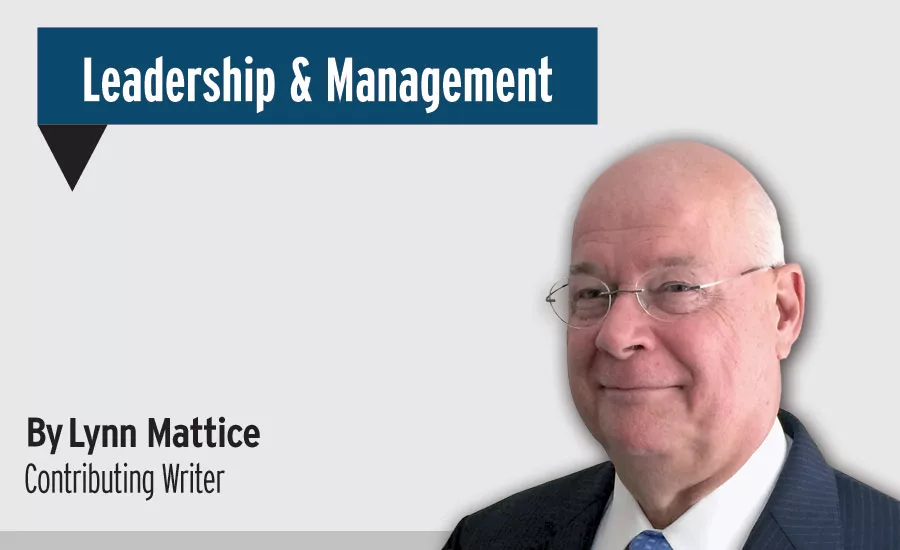How to Develop an In-Depth Understanding of the Business


In last month’s column I took you though the research process in preparing for the interviews of executives and other key functional leaders in the enterprise. Now that you are ready to start conducting interviews, it is important to have a core list of key questions that you will ask each interviewee, along with specific questions unique to their role or function.
It’s Time to Listen
At the beginning of each interview, it is important to establish rapport with everyone you will be interviewing. As part of your preparation, you need to have something to discuss with each person that will assist in breaking the ice. Review each interviewee’s bio to look for some connection that you can use to help establish some form of connection. Look for specific noteworthy achievements or innovations their function has produced as well as the specific strategic and operational goals to which their function has committed. Not only will interjecting these tidbits help to break the ice, but it will establish in the other person’s mind that you have done your homework and that you also have a taken the time to develop a solid baseline understanding of the enterprise.
The key to this process producing the desired outcome revolves around your ability to let the other person talk and then listen intently to what they have to say. Your list of core questions that will be asked of each person interviewed should be honed down to eight to 10 questions in total. If you have crafted your questions well, you will have a tough time getting through that list of core questions. You should, however, be prepared with a few backup questions which are unique to the interviewee’s role or function in the event you are provided short or incomplete answers that need to be explored in more depth.
Take Good Notes
Take copious notes! Your notes will be a vital element of the process now and will be frequently referred to in preparation for future discussions with this cadre of key personnel. If you are not great at taking notes, consider having someone with you that can take notes for you. I strongly recommend against trying to electronically record these interviews, as virtually everyone will be more reserved in their discussions if they are being electronically recorded. The last thing you want is to inhibit the candor of those sharing information with you that will be central to your strategy.
As you work through the list of individuals you are interviewing, you will begin to see the development of patterns and common issues. Additionally, you will typically witness some stark differences in philosophy, expectations and barriers being revealed. Gaining insight into these opportunities or potential landmines will be critical to the development of your functions strategy to align and provide support across the enterprise.
Next month’s column will address what to do with the data you have gathered. I would appreciate hearing from readers who have utilized this methodology and hopefully are willing to share their experiences.
Looking for a reprint of this article?
From high-res PDFs to custom plaques, order your copy today!







